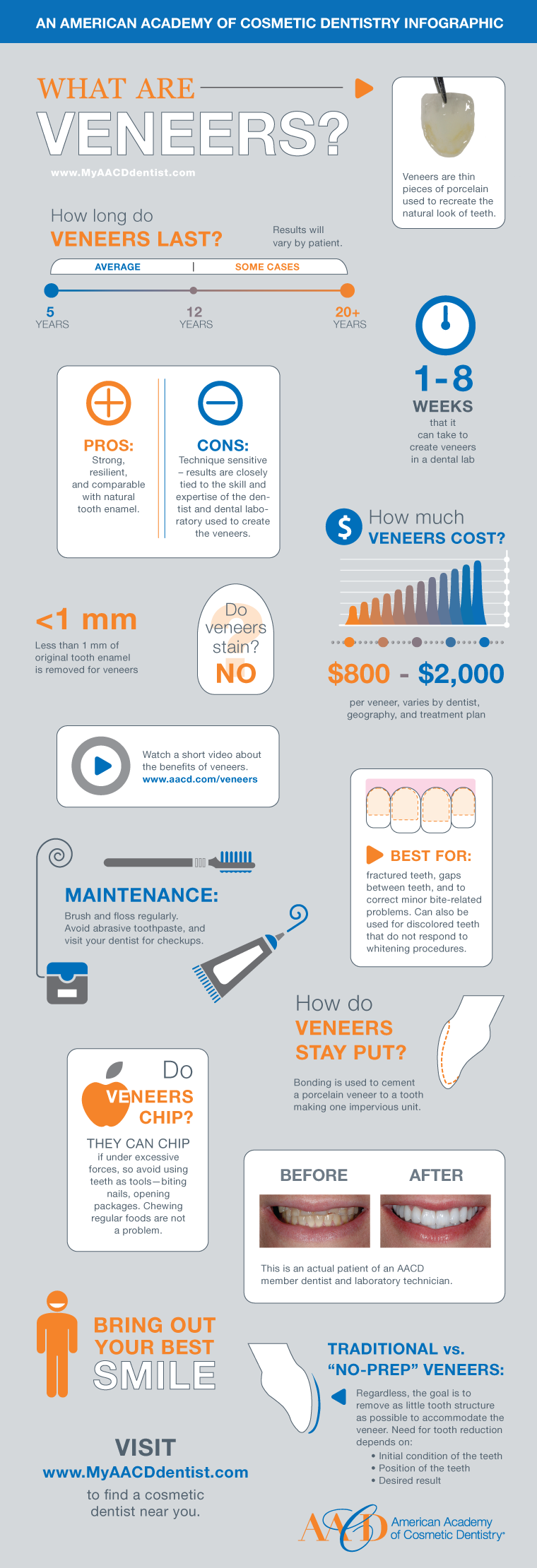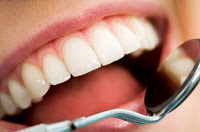 Recent medical research has linked poor oral health with pancreatic cancer and arthritis. Now, a new study has found that an infection from a common type of mouth bacteria can contribute to colorectal (or colon) cancer as well.
Recent medical research has linked poor oral health with pancreatic cancer and arthritis. Now, a new study has found that an infection from a common type of mouth bacteria can contribute to colorectal (or colon) cancer as well.
The bacteria, called Fusobacterium nucleatum, can attach to colon cells and trigger a sequence of changes that can lead to colon cancer, according to the team at Case Western Reserve University School of Dental Medicine.
The researchers also found a way to prevent the bacteria from attaching to colon cells.
“This discovery creates the potential for new diagnostic tools and therapies to treat and prevent the cancer,” lead investigator Yiping Han said in a university news release.
The findings show the importance of good oral health, said Han, a professor of periodontics. She noted that levels of F. nucleatum are much higher in people with gum disease.
The study was published in the journal Cell Host & Microbe, which also contained another study from a different research group showing how F. nucleatum can speed the accumulation of cancer cells.
Source: Case Western Reserve University, news release, Aug. 14, 2013; http://www.biohealthscience.org

 A study observed more than 100,000 people, none of whom had a history of heart attack or stroke at the beginning of the study, over a period of seven years in Taiwan. The study suggested that those people who got their teeth professionally cleaned at least twice or more in two years had significantly lower risk of developing cardiovascular diseases like heart attack or a stroke.
A study observed more than 100,000 people, none of whom had a history of heart attack or stroke at the beginning of the study, over a period of seven years in Taiwan. The study suggested that those people who got their teeth professionally cleaned at least twice or more in two years had significantly lower risk of developing cardiovascular diseases like heart attack or a stroke. Women who go to the dentist have healthier hearts.
Women who go to the dentist have healthier hearts.